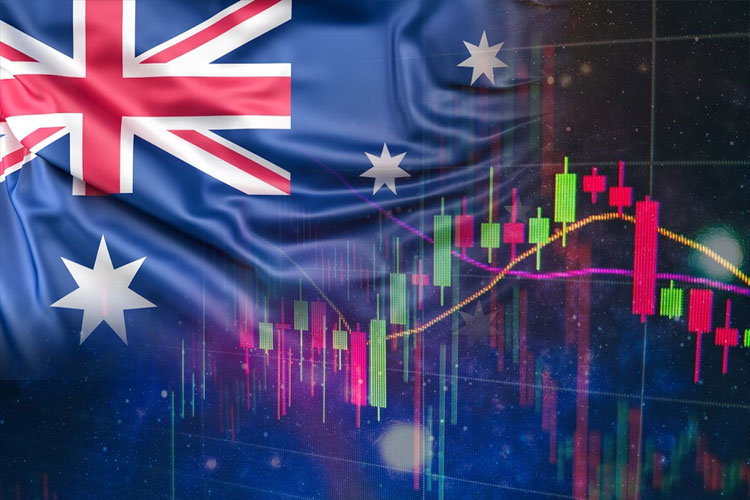Forex industry interest have met legal challenges in Vietnam, Malaysia, and Indonesia, but Australia, New Zealand, and Singapore, are prepared to welcome global forex trade expansion to the East.
Global forex companies interest have met legal challenges in Vietnam, Malaysia, and Indonesia, but there are other countries in the region that are prepared to welcome global forex trade expansion to the East. Most notably in this sector are Australia, New Zealand, and Singapore.

Ban, Fines, And Selective Blocking
Regional legal challenges for forex trading in Southeast Asia is real and so far, there seems to be no alternative for Vietnamese and Malaysian forex traders but to keep low profile. A press release by Malaysian central bank, Bank Negara Malaysia (BNM), published on 2010 and last updated on 23 April 2013, have warned Malaysians to avoid illegal investments and training programme on forex trading offered by domestic and foreign companies. Vietnam ban on forex trading via exchange floors has been in effect since March works in similar fashion, with financial penalty as extras for offenders.
Compared to Vietnam and Malaysia, Indonesia could be called more tolerant toward fx industry, but not more welcoming. Local forex industry grew steadily under competition with foreign-based brokers. One particular Indonesian retail broker, Monex Investindo Futures, even managed to open a licensed UK branch under brand Valutrades. But last year, Indonesian regulator, Bappebti, together with the country's Ministry of Telecommunication and Information, clamped down on internet access to foreign online brokers. This month, they tighten restrictions by cooperating with certain ISPs and escalate censors a step above simple DNS blocking.
Other Fish In The (Forex) Ocean
Such regional circumstances clear the field for neighboring countries to snap up the chance of becoming new centers in global forex trade. As an established FX center in Asia, Singapore may reap more rewards from its neighbors' ruling on forex trading. Various foreign brokers have opened offices in the country, including IG, Saxobank, and OANDA. Along with the increasing interest from western hemisphere to expand market in the region, Singapore that lies just across Indonesia and Malaysia certainly put forth a very attractive presence.
Beside of Singapore, Australia and New Zealand also preparing themselves to welcome global forex locally. New Zealand financial market recently undergo significant regulation changes with the implementation of Financial Markets Conduct Act, including a new licensing practices that has come into effect on April 1. Yesterday (22/4), New Zealand's Financial Market Authority (FMA) in its website released schedule for the new licensing application which may be very useful for stakeholders in forex industry and forex brokers in particular. Another part of the Act (Phase 2) will begin on 1 December 2014, thereafter a new disclosure requirements and licensing obligations will take place.
Australia financial regulator ASIC also looks into expanding its role in the region. Leaprate yesterday reported that ASIC is considering the possibility of Fund Passport cooperation with other countries in the region, including New Zealand, Singapore, Thailand, And Philippines. Such arrangement will greatly benefit forex industry as well as other companies in financial sector as ease of fund transfers between countries will be improved.

 Dedicated FREE FOREX VPS
Dedicated FREE FOREX VPS Free FOREX Virtual Private Server
Free FOREX Virtual Private Server MT4 Demo Contest, Get $500
MT4 Demo Contest, Get $500 Sign Up for an Account, Claim 60% Deposit Bonus
Sign Up for an Account, Claim 60% Deposit Bonus Free MT4/MT5 VPS 2024
Free MT4/MT5 VPS 2024 Send E-mail and Get Free Merchandise
Send E-mail and Get Free Merchandise $1K Refer a Friend Bonus for Pepperstone Pro clients
$1K Refer a Friend Bonus for Pepperstone Pro clients Maximize Your Earnings with 100% Deposit bonus
Maximize Your Earnings with 100% Deposit bonus Trade to Win, $5,000 Monthly Demo Contest
Trade to Win, $5,000 Monthly Demo Contest Claim 30% + 15% Deposit Bonus from LiteFinance
Claim 30% + 15% Deposit Bonus from LiteFinance






